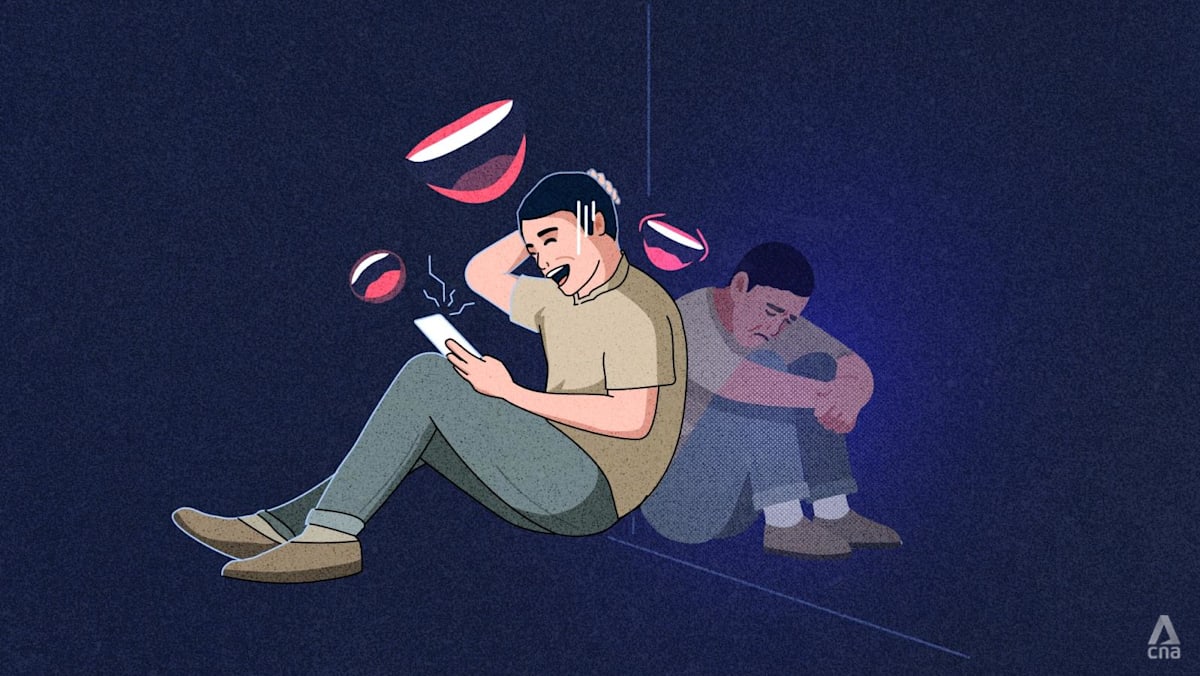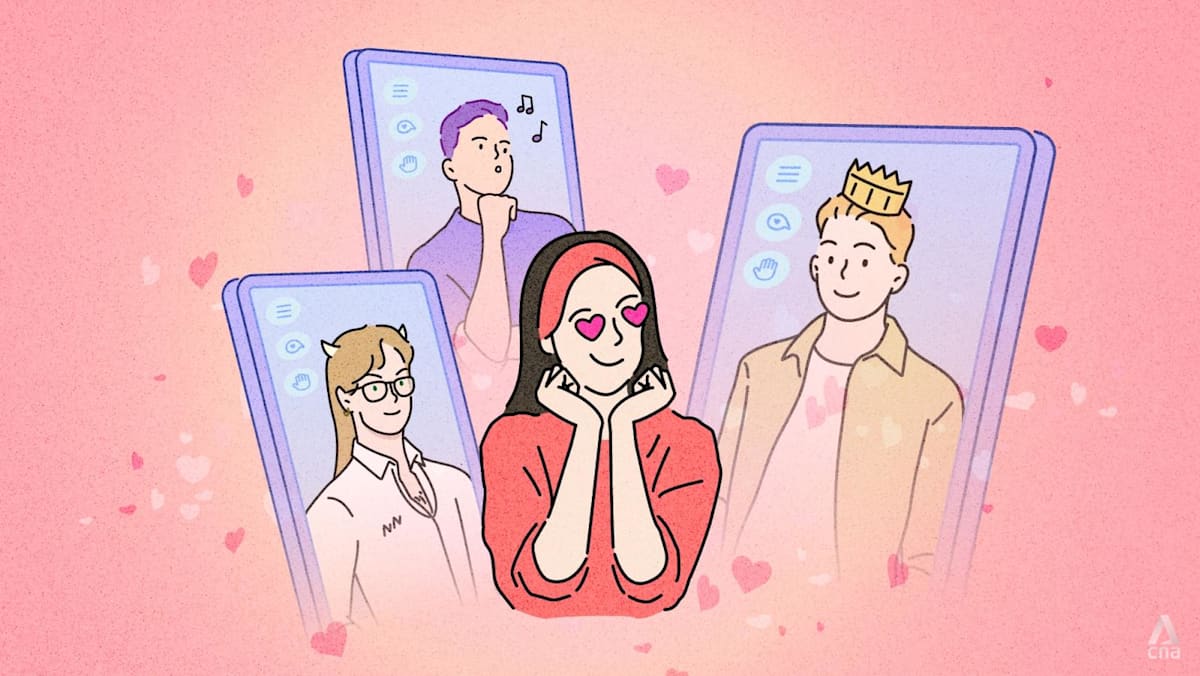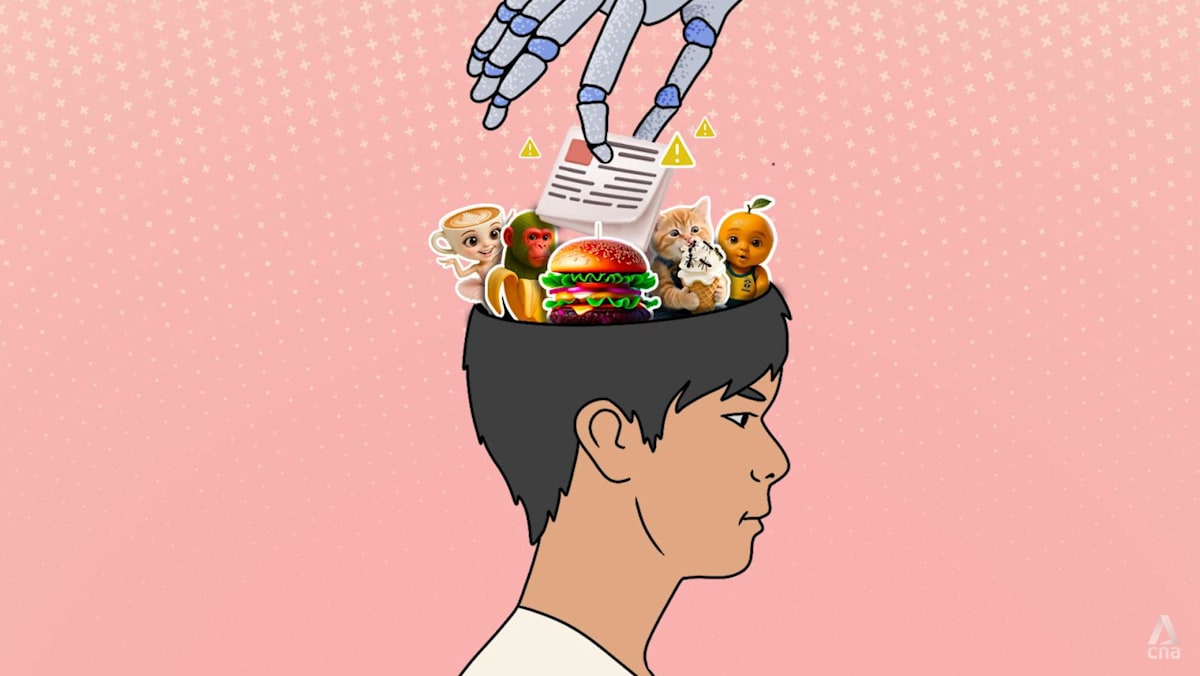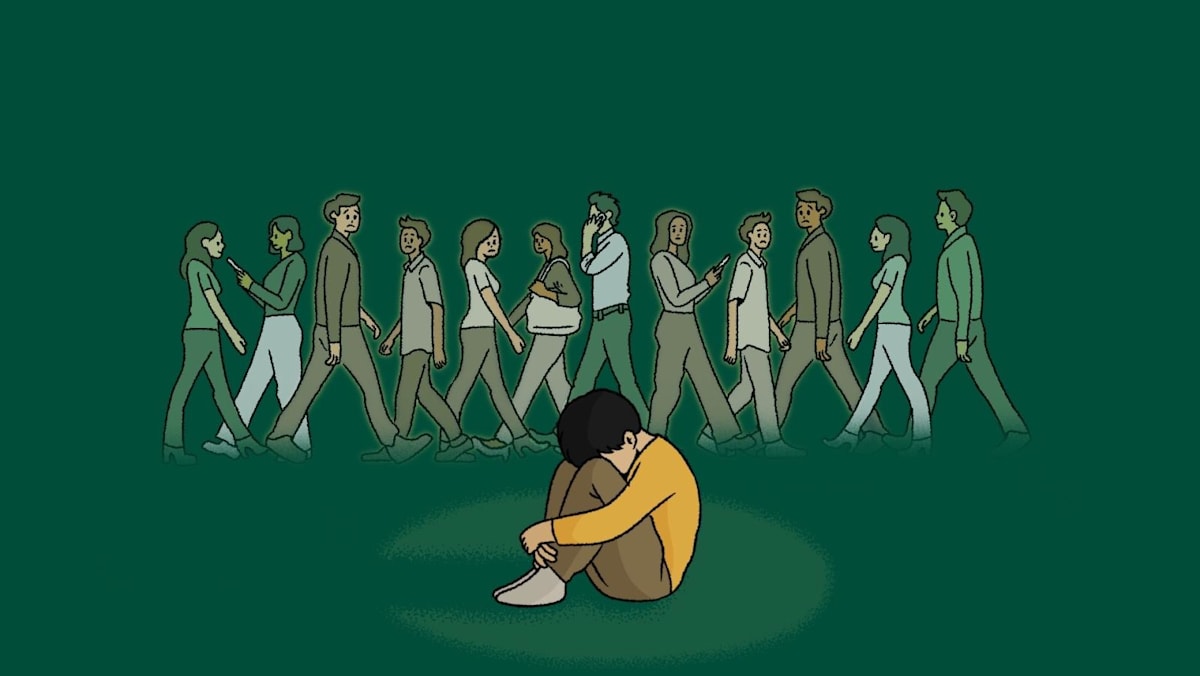THE RISE OF DIGITAL INTIMACY
Game design experts said that the rise of otome games reflects how the genre has evolved. This is due in large part to how the “gacha pull” element has been deployed in modern game releases.
“Gacha pull” refers to the lottery-style system where players spend money for a random reward. This can include unlocking a new character, a cherished item or an intimate memory – all of which are designed to deepen the bond between player and character.
Mr Shamim Akhtar, who heads the immersive media and game development diploma course at Temasek Polytechnic, said: “In the early days, the gacha system was mostly about pulling cards or collecting monsters.”
The real turning point, he said, came when the act of collecting turned into an emotional event, rather than a mechanical task.
“The prize itself became a full character, complete with a distinct personality, voice acting, backstory and unique visual design.”
That sense of connection is reinforced by storytelling. Instead of letting players get their fulfilment on completing the gameplay at once, new chapters and events are released in instalments.
Mr Shamim said: “Modern-day storytelling and gameplay are carefully designed to work together to keep players engaged for months and even years. This episodic release creates a slow burn, making players feel that they are part of a romance or adventure that grows with time.”
Mr Michael Thompson, principal lecturer at DigiPen Institute of Technology Singapore, said: “For many of the same reasons people read or watch episodic television series, once they become emotionally invested in a character, they want to see what happens next.
“Designers often milk this curiosity for extended periods of time, keeping players showing up for the next ‘episode’ of gameplay, or binge playing.”
Together, these design choices make users feel less like they are playing a game and more like they are building real relationships with the virtual characters in them.
WHO FALLS HARDEST?
Some players are especially drawn in when real-life relationships feel uncertain.
Dr Natasha Mitter, principal psychologist at US Therapy, which provides wellness and counselling services, said: “The appeal lies in the sense of safety, predictability and unconditional acceptance that these virtual relationships can provide.”
Loneliness, past trauma and difficulty forming real-world connections can heighten this pull.
Young people looking to form an identity, as well as neurodivergent players who find real-life social cues challenging, are also likelier to engage deeply in such video games.













